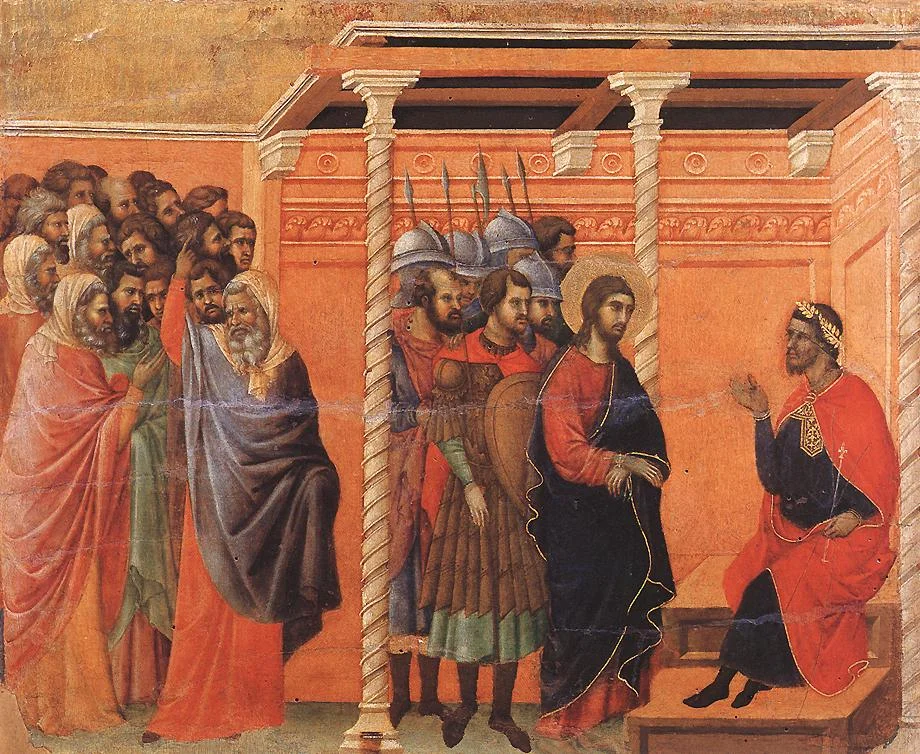Narcos, Pablo Escobar, & the Homecoming We Get But Don't Deserve
This post was written by Ricardo Huerta. Read his bio here.
This past summer I managed to watch both the first and second seasons of the hit Netflix TV series, Narcos. The endings of TV series’ often feel akin to death. Gone are any further developments on the characters that made such a lasting impression on you and finished are the twists and turns that come with a gripping narrative. When I finished Narcos it felt as if something had been snatched from my hands; I didn't want it to end. So I'm happy to report that season 3 was released this past September and is available for viewing on Netflix. You can watch the trailer here.
Narcos is a crime drama series that covers the rise and fall of Colombian drug kingpin, Pablo Escobar. Chronicling Escobar's life from his entry into the exportation of cocaine to his quickly acclaimed reputation as a ruthless leader of the Medellin Cartel, Narcos sets up viewers for a sensational game of cat and mouse between Escobar and the Colombian government. In their attempt to put an end to Escobar's reign, the Colombian military and their American DEA counterparts realize that good and evil isn't as clear-cut as they had initially thought. Ethical lines are blurred but ultimately justified—after all, they're chasing down the most wanted man in the western hemisphere.
Over the course of two seasons Escobar is untouchable. Hailed as a Latin American Robin Hood, he manages to control Colombia through a clever form of narco-populism. Escobar makes himself clear: stand in his way and you will pay the highest price. Yet despite all the killing and corruption that Escobar engages in, his character is disturbingly charming; he cares deeply for his family, he builds entire neighborhoods for those impoverished in his hometown of Medellin, he sports plain polo t-shirts with blue jeans and tennis shoes, and he funds local soccer clubs. As DEA agent Steve Murphy puts it shortly after Escobar is shot and killed: "All that time hunting him. And just like that I was staring at Pablo Escobar. For years I've been building this son of a bitch in my head, what a monster he'd be. But here's the thing, when you lay eyes on him, the devil is a real let down. He's just a man."
Fast forward to Season 2, Ep. 8 and Escobar's narco empire has slowly deteriorated from the mounting military pressure placed on him by the Colombian government and the rival Cali Cartel. Escobar has lost and he’s left with no other option than to go into hiding.
Moving from house to house, Escobar makes a homecoming to a man he hasn't seen since his infamous rise as a drug lord--his father. Living and working on his ranch, Escobar's father is a modest Colombian farmer struggling to make ends meet. The tension is evident upon Escobar's arrival; his father doesn't know how to receive a son who has been the source of so much destruction. During lunch one afternoon, Escobar shares his dream of owning a plot of land next to his father, bringing his wife and children to live in the countryside. His father doesn't respond, instead suggesting that they resume tending to the farm after their lunch break. Escobar is incensed.
Later in the episode, while bleeding a pig, Escobar confronts his father about his failure to respond to his dream. Escobar’s father asks him to hold onto the pig and he agrees. Escobar’s father punctures the pig and blood sprays all over Escobar—he isn’t pleased. His father chuckles and says:
"Funny that you don't like blood. How strange."
"What are you trying to say?" Pablo replies.
"Clean yourself."
In a fit of rage, Escobar retorts, "Tell me what you think of me."
"You want to come and live on the farm with your wife and kids, but this isn't possible. You chose your life. Be in charge of it. I'm ashamed of you. You're a murderer. At last, the truth. A truth that breaks my heart."
Escobar suffers the pain of his fathers rejection, a rejection he deserves. He doesn't respond to his father’s accusations because he, like many of us, knows and feels the weight of his own depravity. What his father has said about him is true; he is unworthy of the homecoming he had dreamt up.
I can't help but think of Luke 15 where Jesus tells the parable of The Prodigal Son. We know the story; a son asks his father for his inheritance (all but wishing his father's death) and squanders it by living recklessly. His life in tatters, he returns to his father and is received into his household with great joy.
"Let us have a feast and celebrate," declares the father.
This is the kind of homecoming we have come to expect and it's precisely the one we don't deserve. Quoting the Psalmist Paul writes in Romans chapter 3,“None is righteous, no, not one; no one understands; no one seeks for God. All have turned aside; together they have become worthless; no one does good, not even one." With this passage in mind, Calvin writes in his Institutes, "Let this then be agreed: that men are as they are here described not merely by the defect of depraved custom, but also by depravity of nature."
We are in our very nature depraved, unable and unwilling to turn home to the One who has prepared rooms for us in the house of His Father (John 14:2). But the homecoming we deserve--one of wrath and punishment and accusation, the one Escobar receives, isn't the one we get. Like the Prodigal Son we are welcomed by a Father who has longed for our return. He approaches before we can reach Him, and His eyes are warm and gentle and filled with unending grace. We did nothing to deserve such a reception and everything to disqualify us from it. And yet the Gospel story doesn't play out the way we deserve. Instead it reaches its climax with a dead Messiah who declares, "It is finished," (John 19:30) and with those three words we are welcomed home.







